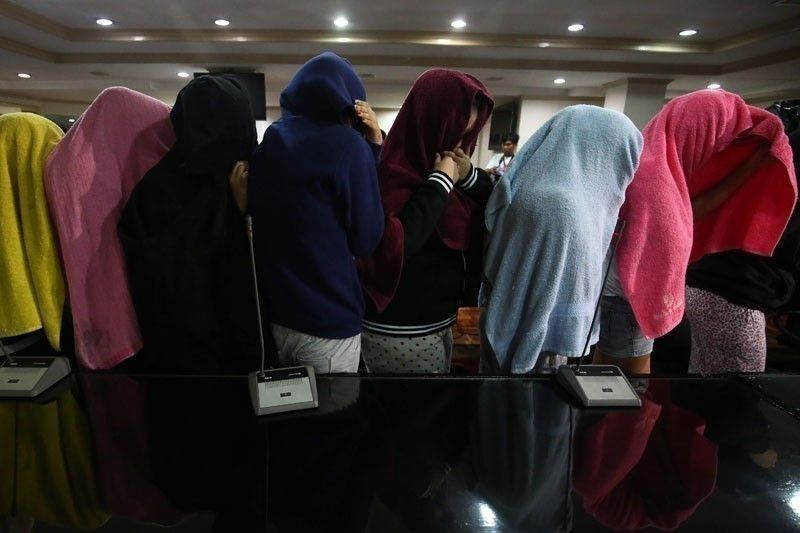SC, IACAT ink agreement for strengthened partnership to address trafficking in persons

MANILA, Philippines — The Inter-Agency Council against Trafficking and the Supreme Court have signed a pact to strengthen policies and programs to address trafficking in persons (TIP), Justice Undersecretary Emmeline Aglipay-Villar said.
Aglipay-Villar, also DOJ spokesperson, told reporters that the IACAT — chaired by the justice secretary — and the SC’s Office of the Court Administrator signed a memorandum of agreement on Wednesday.
“We shall coordinate in the implementation of the Justice Systems Coordination Mechanism Project (JSCM Project) under the ASEAN-Australia Counter-Trafficking Program,” she added.
Aglipay-Villar explained that the JSCM Prokect is designed to assist ASEAS Member States “to have an effective justice system in addressing trafficking in persons, in compliance with each member state’s obligations under the ASEAS Convention against Trafficking in Persons, Especially Women and Children.”
She listed the following as objectives of the strengthened partnership:
- Increase awareness among judges, court personnel, and prosecutors on the importance of sensitive handling of TIP victims
- Increase understanding by judges, court personnel, and prosecutors on the lifelong effect of trauma to TIP victims, thus enabling them to become more victim-sensitive during the judicial process
- Increase knowledge among prosecutors in prosecuting TIP cases
- Increase knowledge among judges and justices in adjudicating and reviewing TIP cases, respectively
- Stronger collaboration between the two justice sector agencies in achieving a common goal of improving prosecution, adjudication, and review of TIP cases
- Increase effectiveness in the monitoring of TIP cases
- Increase capabilities in generating accurate reports and analysis to guide policy direction
Justice Secretary Menardo Guevarra, who chairs the IACAT, in January vowed that they will run after perpetrators of online sexual exploitation of children, following the Anti-Money Laundering Council’s report that suspicious transactions related to child pornography ballooned to P113.1 million in just half of 2020.
Guevarra also acknowledged that the pandemic has caused a spike in the number of OSEC. “It just so happened that the numbers have gone up in recent months, clearly because of the economic hardship, as well as the dark opportunities, engendered by this pandemic,” he said.
Data from the Bureau of Immigration showed that it stopped 11,706 passengers from leaving the country in 2020. This was mostly due to failure to present required documents, carrying fraudulent documents and misrepresentation.
Of those barred from departing, the bureau turned over 295 passengers to the IACAT as possible victims of trafficking.
The Philippines maintained its Tier 1 ranking in the US State Department’s 2019 Trafficking in Persons report released in July 2020. But the US State Department noted that the Philippines did not vigorously probe and prosecute government officials accused of involvement in trafficking crimes.
The government also failed to “consistently criminally prosecute fraudulent recruiters and other labor traffickers, or increase support for specialized protection and assistance services for child victims of cyber-facilitated sex trafficking.” — Kristine Joy Patag
- Latest
- Trending































